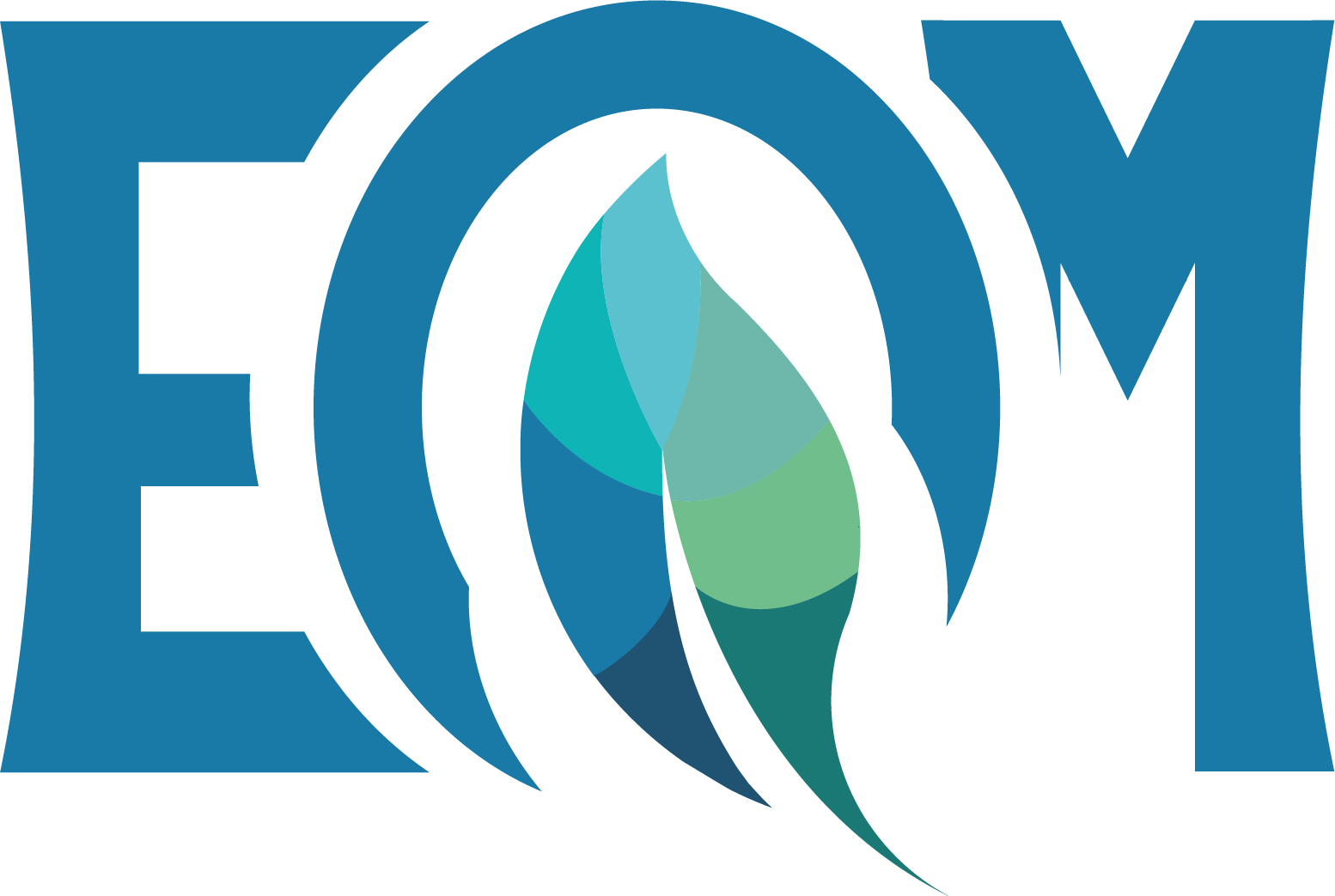
If you’ve ever dreamed about a career where you can make a positive difference in the world, then environmental and quality management is the correct path for you.
A job in these fields comes with a diverse set of responsibilities and requires a unique skill set. Let’s take an in-depth look into the aspects of a career in environmental and quality management systems and auditing.
The responsibility of maintaining any management system including quality management system and environmental management system starts with upper management. They should demonstrate leadership and commitment to the business’s system, ensure the availability of required resources and take responsibility for the efficiency of the processes.
Furthermore, they should build and promote a pro-quality and pro-environmental culture within the organisation. The top management must take responsibility for successfully implementing a management system. While some duties and authorities can be assigned to other people within the organisational structure such as to a quality or environmental manager or representative, top management remains responsible for the operation and effectiveness of the management system.
Quality assurance manager or representative
A quality manager is first and foremost responsible for the condition of a company’s products and services. As many organisations across the globe follow ISO standards, a quality manager is expected to be aware of all rules and regulations surrounding the certification, more specifically ISO 9001. This person typically fulfils many different functions within the organisation.
1. Compliance function
A quality manager is expected to ensure the compliance of the quality management system with the relevant requirements such as general quality requirements according to ISO 9001, or more industry specific requirements such AS 9100 describing QMS requirements for aerospace industry and other standards specific to other industries. Typical tasks of the quality manager involve supervision of documentation, writing and reviewing processes and procedures and ensuring that processes deliver intended outputs. Quality manager works directly and closely with process owners and need to ensure the integrity of the QMS in case of any changes within the organisation.
2. Audit related function
Quality manager takes the responsibility for supervising of internal (and in some cases suppliers) auditing processes, he or she supervise the audit program, review and improve competences of internal auditors, analyse audit reports and supervise the implementation of post-audit actions (corrective, preventive or improvement actions). In some cases the quality manager act as an auditor as well and conduct internal audits or supplier audits.
3. Reporting function
The reporting function of a quality manager involves presenting to top management opportunities for the system improvement, presenting audit results and audit conclusions, reporting problems, issues, nonconformities or quality escapes and reporting KPIs and system performance.
4. Risk and opportunities management function
Quality manager is responsible for supervising and managing the process of risk management and risk assessment, including identification, analysis, evaluation, treatment.
5. Communication and training function
A quality manager usually is the one who provide training to employees on ISO requirements, processes and procedures. He or she promotes the management system and customer orientation across the company and is involved in the creation of a quality culture. He or she may also be responsible for gathering and reviewing ideas or suggestions for improvements, reviewing customer needs and expectations and acting as a customer advocate.
6. Organisational function
Quality managers have many opportunities to use their organisational skills, for example while organising management review, organising third party audits such certifying audits or customers audits.
Environmental manager or representative
As with the quality management system, it is the responsibility of the top management to ensure that their company has an effective environmental management system. The day-to-day activities can be assigned to an in-house or external environmental system manager.
An environmental manager’s first duty is to ensure that the organisation is complying with the ISO 14001 standards. The role includes as well developing and preparing a strategic framework for minimizing the negative impact on the natural environment, identification and analysis of environmental aspects, conducting audits, monitoring business activities in relation to environment and much more.
Environmental representative may also be expected to train employees on the relevant ISO requirements, processes, procedures, and the internal environmental management system. This function shall ensure that the EMS is effectively implemented, maintained, and conforms to the organisation’s requirements.
A career in environmental and quality management can be rewarding and challenging. In some cases it might be difficult for companies to find efficient in-house resources to implement their vision of EMS or QMS, and therefore look for external resources. A reliable management system consulting firm such as EQM Consult can take care of all your needs. We provide quality and environmental management system consulting, including the implementation, maintenance, auditing and improvements od ISO 9001 and ISO 14001. We provide both – remote audits and on-site audits. You can check our website for more information about our services, or contact us for a consultation.

Ph.D. Beata Paliwoda
Founder and Owner of EQM. Environmental and quality consultant and auditor. Professional career built in Quality Assurance departments in various companies from the automotive, aerospace, railway industries, as well as a management systems consultant. Successfully completed many complex projects related to the implementation of management systems, process improvements and business transformation. Auditor of ISO 9001, ISO 14001, AS 9100, project manager of APM, lecturer at the Poznan University of Business and Economics, researcher on the effectiveness of EMS and QMS in organisations.





